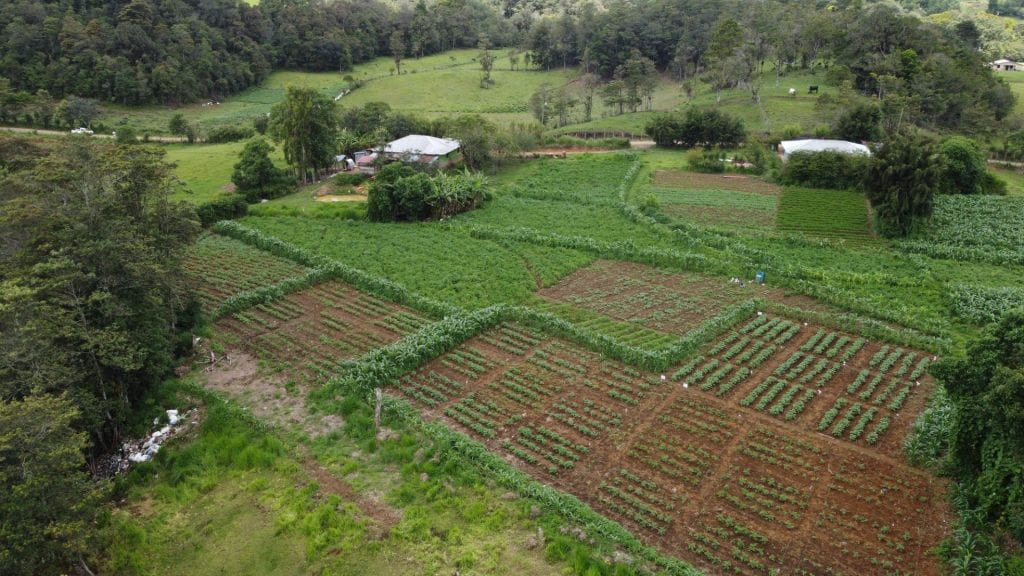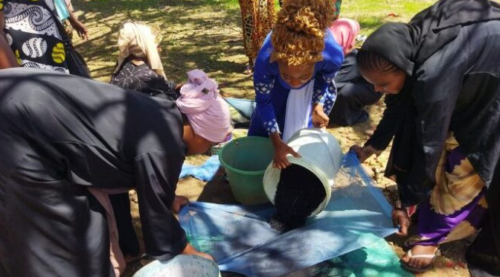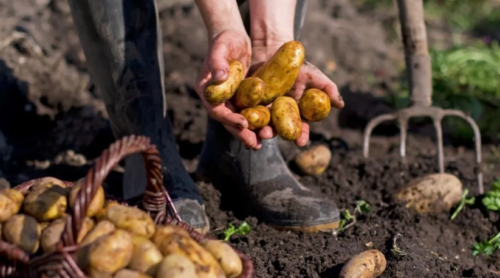Honduran potato production goes back to the last century. Some older farmers claim that Panthelis Theodoracopoulos, a Greek immigrant, started the production of potatoes in western Honduras in the 1950s. The fertile soil, temperate climate, and access to water made Intibucá an ideal location for growing potatoes. Over the years, potato farming knowledge and techniques have been passed down from generation to generation, ensuring the continued success of smallholder potato production. Now, producers see potato production as an important asset (patrimonio) because it contributes to the economic stability of its communities.
Nevertheless, several pests and diseases have attacked potato production over the past decade, greatly affecting the quantity and quality of potatoes. These challenges have made farmers more aggressive about managing pests, using fungicides and pesticides extensively. This strategy affects farmers’ health and dramatically impacts the environment. The increased use of fungicides and pesticides has led to concerns over the potential health risks for farmers who come into direct contact with these chemicals. Additionally, the excessive use of those chemicals has contaminated soil and water sources, harming the surrounding ecosystem and biodiversity. Therefore, finding more sustainable and eco-friendly methods to control pests and diseases in potato production is essential for the long-term well-being of both farmers and the environment.
Pesticide Use among Potato Smallholders in Honduras



